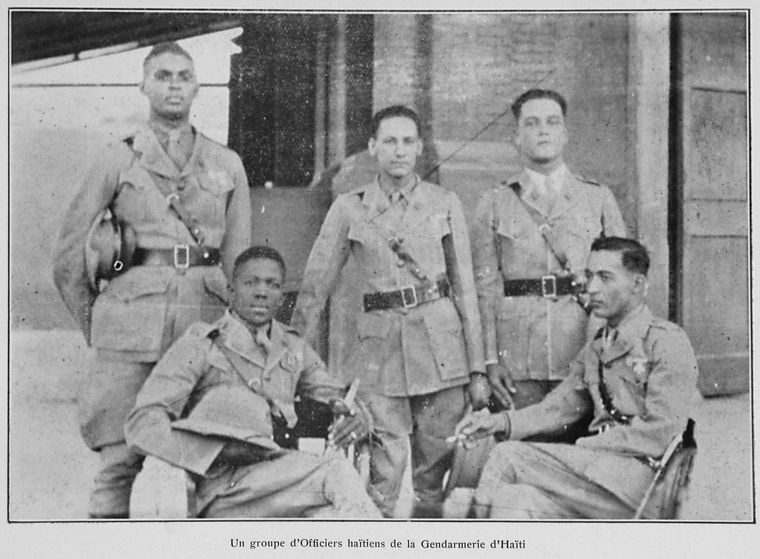


to send military forces to Haiti in 1915, took control of the country’s finances, and diverted Haiti’s revenue away from education or infrastructure and towards enriching U.S. From there, he details how National City Bank (today’s Citigroup) pressured the U.S. “To know the reasons for the present political situation in Haiti, to understand why the United States landed and has for five years maintained military forces in that country, why some three thousand Haitian men, women, and children have been shot down by American rifles and machine guns, it is necessary, among other things, to know that the National City Bank of New York is very much interested in Haiti,” Johnson’s article begins. While Johnson’s expose and other activism against the occupation led to Senate hearings and even influenced the presidential election that year, US Marines would remain in Haiti until 1934.

Under the title “ Self-Determining Haiti,” Johnson’s articles would support a massive backlash against the occupation, especially among New York’s Black community. One hundred years ago today., James Weldon Johnson published the first in a series of four articles in the Nation about the U.S. James Weldon Johnson’s “Self-Determining Haiti” TODAY'S GUEST POST IS BY RAPHAEL DALLEO, BUCKNELL UNIVERSITY (SEE FULL BIO BELOW)


 0 kommentar(er)
0 kommentar(er)
